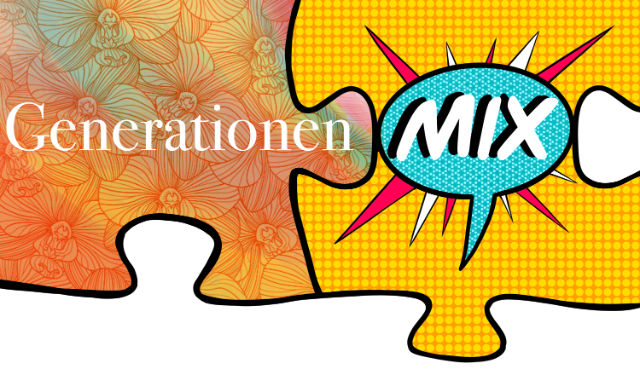
GenerationenMiX Live
Was beschäftigt Jung und Alt? Mit welchen Themen sehen sich die verschiedenen Generationen konfrontiert? Und wie unterschiedlich sind sie eingestellt? Im GenerationenMiX bringen wir die unterschiedlichen Generationen zusammen, gehen den Vorurteilen auf den Grund, finden Gemeinsamkeiten, aber auch die Unterschiede.

Internationaler Tag der älteren Menschen
Am Donnerstag, den 1. Oktober 2020 ist der Internationale Tag der älteren Menschen. Wir senden von 16 bis 18 Uhr live aus der Klara. Um 17 Uhr findet die Podiumsdiskussion statt. Fokus liegt auf folgenden Fragestellungen: Wie kann man Alterseinsamkeit verhindern? Wie können Seniorinnen und Senioren ins gesellschaftliche Leben integriert werden und welche Rolle könnten Jugendliche dabei spielen?
Am Gespräch teilnehmen werden:
Gertrud Stiehle, aktive Seniorin
Gabriele Frank, Geschäftsstellenleiterin Quartierkoordination Gundeldingen Basel
Nicole Tschäppät, Fundus Basel
Elias Rüegsegger von «und» das Generationentandem
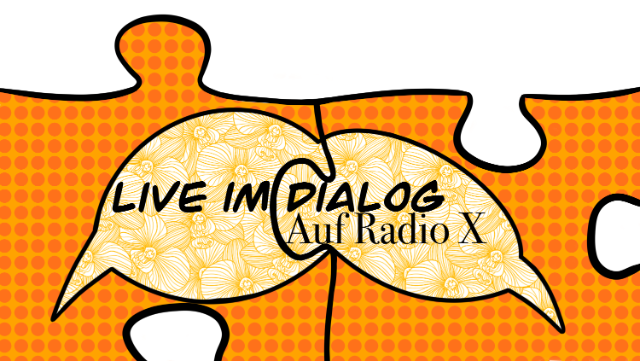
Internationaler Tag der Jugend
Am Internationalen Tag der Jugend, am Mittwoch den 12. August 2020, veranstalteten wir den GenerationenMiX Live. Von 16 Uhr bis 20 Uhr waren wir auf der Elisabethenanlage in Basel. Für musikalische Untermalung sorgten ebenfalls Vertreter der beiden Generationen: Frau Meissner und Steffen Stefan Stefànson. Um 18 Uhr fand dann im Pavillon der Elisabethenanlage das Podiumsgespräch statt und wurde ebenfalls live auf Radio X ausgestrahlt.
Auf dem Podium kamen vier unterschiedliche Vertreter*innen der jungen und älteren Generationen miteinander ins Gespräch: Benjamin Rytz vom Klimastreik, Rosmarie Wydler-Wälti, Co-Präsidentin der KlimaSeniorinnen Schweiz, Gisela Konstantinidis, Präsidentin Basler Seniorenkonferenz 55+ und Ruben Emanuel Khan, Kunststudent. Moderiert wurde die Gesprächsrunde von Noemie Keller (Redaktorin Radio X).
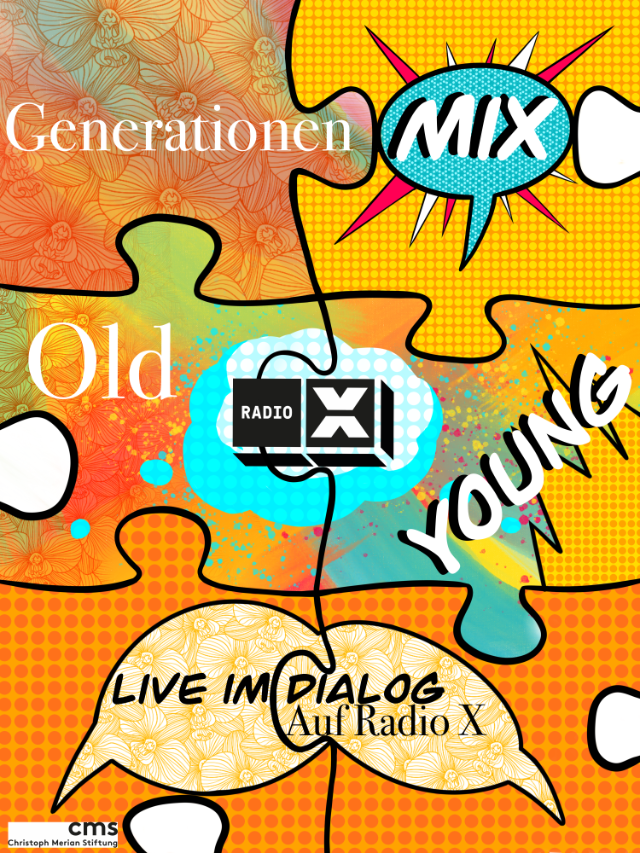
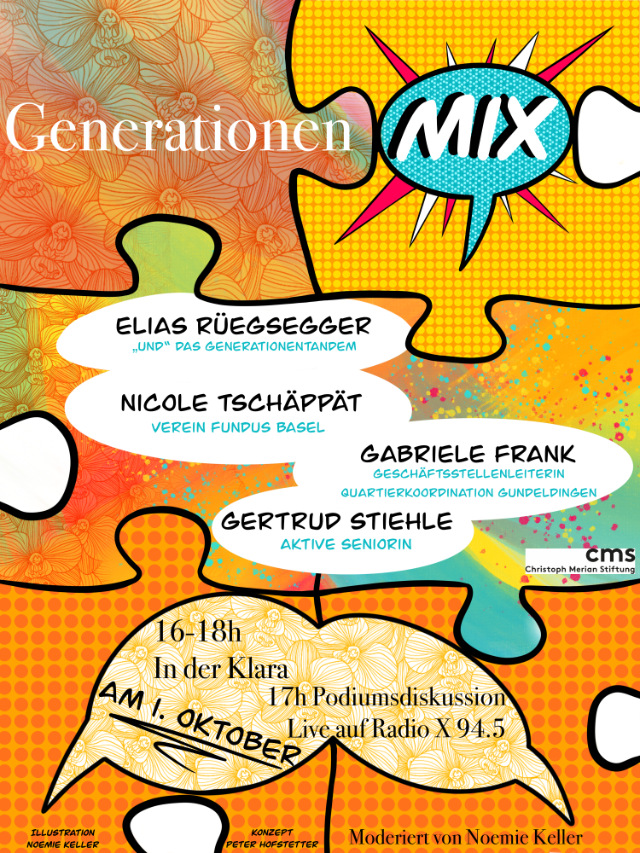
Das Projekt "GenerationenMix LIVE" wird mit freundlicher Unterstützung der Christoph Merian Stiftung durchgeführt
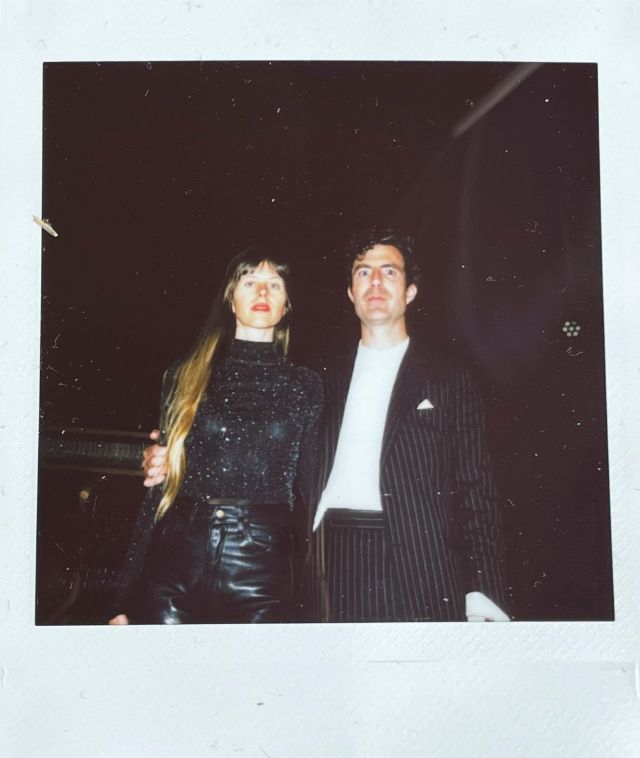
Lael Neale: "Maybe the museums should burn"
A brief interview with American chanteuse Lael Neale on the beauty (& ugliness) of personal experience composed in a universal language, all on the trails of her very own, dead poet society. Some thoughts recorded after attending her gig at DOKA, Amsterdam on a Monday night 19th of may 2025. von Mirco Kaempf
Lael Neale at DOKA, Amsterdam (19th may 2025)
Ein Interview mit der Amerikanischen Liedermacherin Lael Neale, aufgezeichnet im Backstageraum des Volkshotels (Doka) in Amsterdam.
Backstage at Doka, Amsterdam – May 19, 2025
Interviewer: Mirco, you can read another portrait here
You're currently touring your album Altogether Stranger through Europe. With such a busy schedule, I wonder—do you feel more like an alien or a human right now?
Lael Neale: Definitely more like an alien.
You wrote that Altogether Stranger was born from the sensation of returning from rural Virginia to Los Angeles. That contrast—neon lights, noise—made you feel out of place. Now that you’re touring Europe, do the songs feel different here?
That's a great question. I think alienation is everywhere now because of globalization. Driving into Amsterdam, we passed old windmills and then suddenly saw the golden arches of McDonald's. I love Europe—I see it as a place of high art and beauty—but modernity is spreading everywhere. The songs feel universal in that sense. I can feel alienated no matter where I go.
Your songs seem to help people refocus—like walking into a museum. Is that hard for you to maintain, that level of awareness?
Honestly, it's harder for me to lose focus. Being hyper-aware of everything isn't always healthy. There's value in critical thinking, but it can also suffocate you. I try to balance observation and judgment with simply breathing and accepting that there's beauty and ugliness in the world—and sometimes things are just... neutral.
So, would you say music helps you escape, or is it a way to hyper-focus?
Definitely hyper-focus.
The sound on this album has evolved—less centered on the Omnichord and more textured. What role does the Omnichord still play?
It's still my main songwriting tool. Most songs start there. Some were written on guitar or piano, but the Omnichord remains central. The fuller sound on this record is thanks to Guy Blakeslee, who added more arrangements and textures.
The sound has this sharp, compressed quality. Why go for something so raw and edgy instead of more polished?
We consciously chose that sound. We cut a lot of the low end to make the vocals sharp—like a knife. When our mastering engineer, Chris Coady, started softening things, we were like, “No—make it even sharper!” Eventually, he embraced it too. The sound is very intentional.
Would a digital recording by a betrayal to your sound?
We recorded the last two albums on cassette machines for the texture and limitations. For Altogether Stranger, we tried tape again, but the machine kept going out of pitch—it was unusable. We switched to digital, which was hard philosophically, but we recorded everything quickly, in one or two weeks. It still feels raw and alive, and we approached it with the same intention as with tape.
Some lyrics touch on environmental themes—plastic in the ocean, for example. Has your music become more political?
I don’t see environmentalism as political. I want nothing to do with politics—it’s ruining everything. Taking care of the Earth and each other is just common sense. It’s been politicized, which creates unnecessary division. People may agree fundamentally, but the way it’s discussed creates conflict.
That makes me think of your songs as paintings hung in a burning museum—are they there to put the fire out?
Maybe the museums should burn. Maybe we should paint directly on the walls of old buildings. Museums might be over.
Last question: Do you believe in the goodness of human nature?
Yes, I do.
Thank you so much.
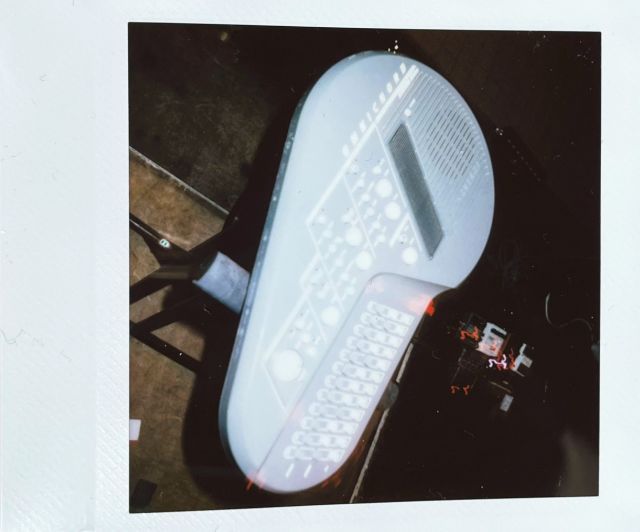





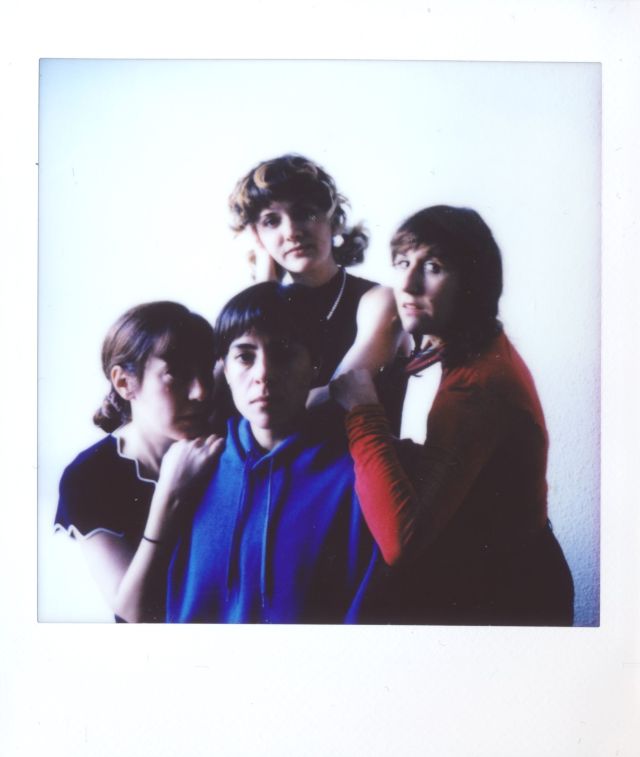
.png/jcr:content/magnolia-medium.png)

